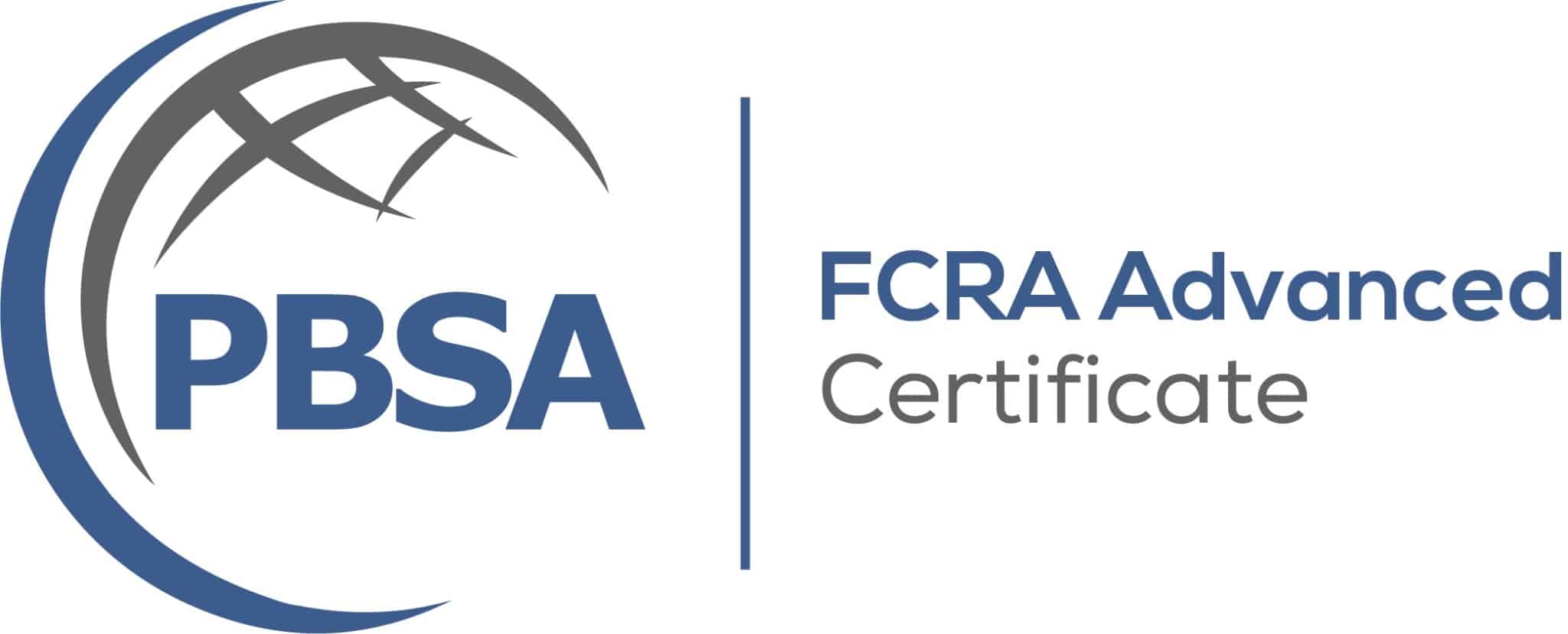
State Notice
Compliance note
- Several states, including California, New York, Illinois, and Massachusetts, have their own background check disclosure or notice requirements in addition to the federal FCRA.
- Employers must provide the appropriate state notice before requesting a background check to comply with state-specific consumer reporting laws.
- Failure to issue state notices can result in penalties, lawsuits, or claims under both state and federal law.
- Specific state notices may also be required when taking Adverse Action, particularly in states such as California, New York, Illinois, and Massachusetts.
- Always confirm whether local “Ban-the-Box” or fair chance hiring rules require additional notifications or forms.
Related Terms and Posts
Frequently Asked Questions
A: A state notice informs applicants about specific state-level rights, restrictions, or procedures related to background checks that go beyond federal FCRA requirements.
A: No. Only certain states and localities have additional notice or disclosure rules. Employers must verify requirements where they hire or operate.
A: Yes. States such as California, New York, Illinois, and Massachusetts require additional or modified notices when an employer takes Adverse Action based on a background check.
A: Employers should use a compliant background check vendor or legal advisor to ensure the correct notices are issued for each applicant’s location.
DISCLAIMER: The information provided in this glossary is for general informational purposes only and should not be construed as legal advice. While we strive for accuracy, EDIFY Background Screening does not guarantee that the definitions or explanations are complete, up to date, or error-free. Employers should always consult with competent legal counsel to ensure compliance with applicable laws and regulations.
Stay Updated with EDIFY Insights Newsletter
Get compliance tips, background screening updates, and HR best practices delivered straight to your inbox.





